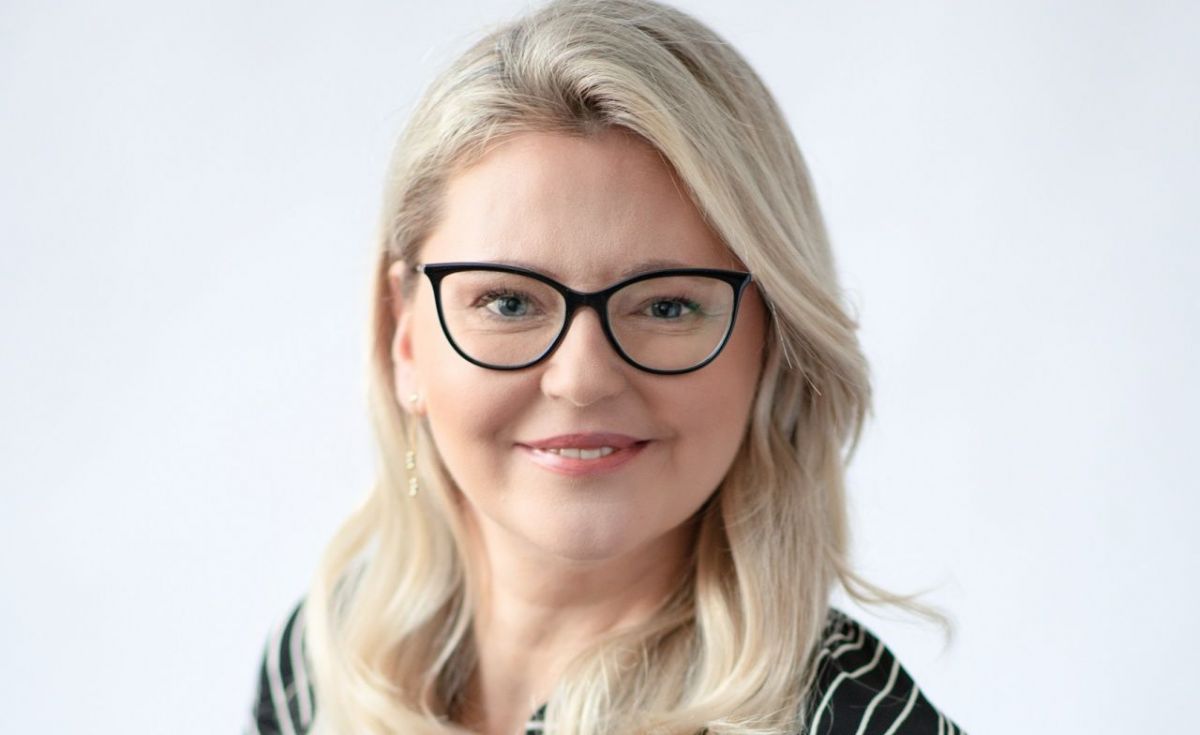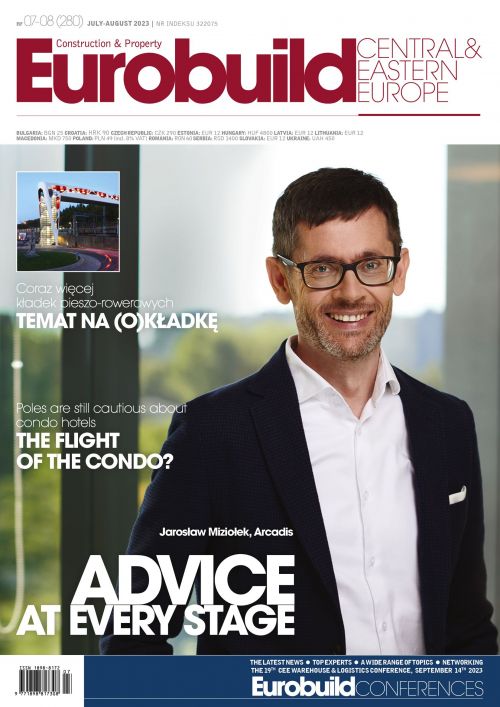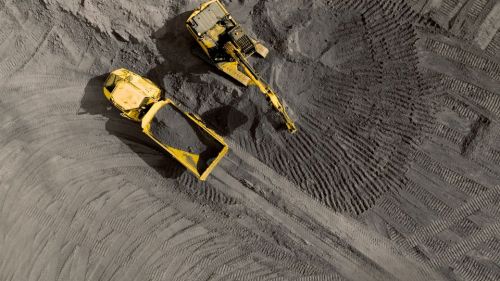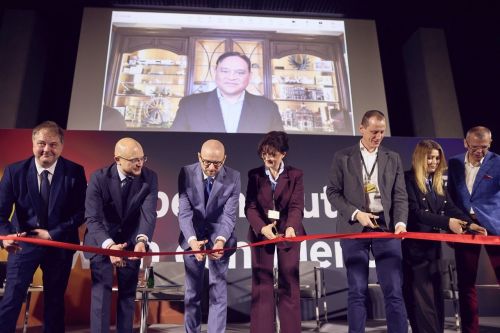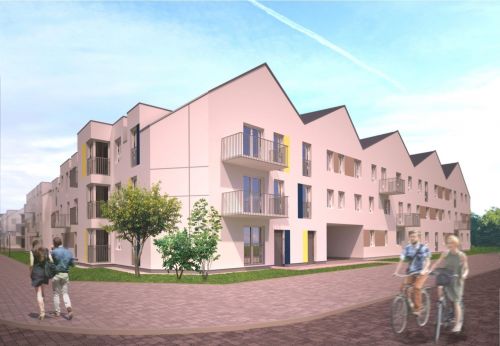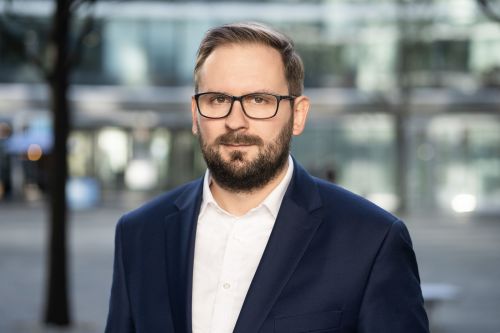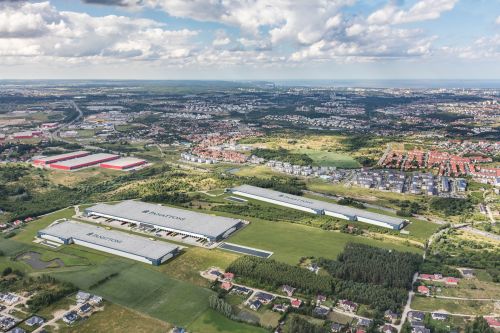The principle is simple: you buy a suite or a room by the sea, on a lakeside or in the mountains, and you can use it for your own holidays; and when you’re not there, the property earns money for itself from being rented out to other guests. The operator, with whom you sign a 5 to 10-year contract, takes the hassle out of handling the rentals and passes on the proceeds to you. Unfortunately, in Poland there have been quite a few hiccups, some of which are due to market regulators – namely, the Polish Financial Supervision Authority (KNF) and the Office of Competition and Consumer Protection (UOKiK).
Lots of supply
The boom in the condo hotel market started in Poland around 2017. The pandemic has also made a difference to the sector, but it’s had more of an impact on existing properties and earnings, and less on the rate at which new projects are being launched. According to Emmerson Evaluation, in August 2022, there were more than 35,000 condo units in Poland, wi
